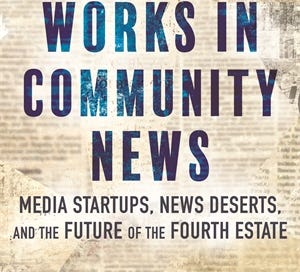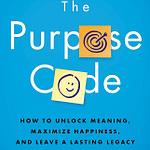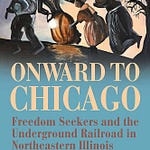You already know about the local news crisis. The proof is probably not in your hands with the demise of so many daily papers. The terms “ghost paper” (a publication with an old masthead and little else) and “news deserts” (areas without news coverage of any kind) are part of the vernacular these days.
Communities have had to be inventive to replace the local news they once took for granted, says Dan Kennedy, a journalism professor at Northeastern University in Boston and the co-author of What Works in Community News with Ellen Clegg, a former editor on the Boston Globe.
Kennedy says he’s optimistic about some of the efforts taken to restore local news but the problem remains a growing national crisis, he said. Some 3,000 newspapers have closed since 2005 in this country, most of them weeklies, said Kennedy, suggesting that even with hundreds of start-ups launched in that time, what’s come online has not replaced the news provided in the past.
The real solution must come from folks at the community level, he said, citing examples such as The Colorado Sun, a digital startup founded by 10 former journalists from the Denver Post, a paper decimated by hedge fund owner, Alden Global Capital. “The Sun has now grown to a staff of two dozen people that makes it one of the largest news organizations in the state. They’re now looking at going beyond Denver to provide coverage in rural areas outside the city,” he said.
‘There’s also MLK50: Justice Through Journalism in Memphis, Tenn., a non-profit investigative project formed to commemorate the 50th anniversary of the assassination of Martin Luther King, Jr. But they decided to keep going. They’ve since won awards and secured grants,” said Kennedy. The Daily Memphian has also been formed , providing news in that town missing from the Gannett-owned Commercial Appeal.
What Works in Community News examines a dozen projects in nine parts of the country. While approaches differ, the one thing they have in common is dedicated leadership at the local level – entrepreneurial journalists initiating new business models on the fly, he said.
The loss of so many weeklies has proved costly, said Kennedy. Weekly publications have traditionally served as the beating heart of community journalism, he said, covering local government, schools and neighborhood issues – not to mention weddings, births, deaths and youth activities that help draw neighbors together.
Kennedy pointed out what’s happened in Bedford, Massachusetts, a small town (population 14,000) outside Boston (not to be confused with New Bedford, the state’s old whaling port). Bedford was once home to a newspaper called the Bedford Minuteman, a once-robust weekly downsized by its corporate owner, GateHouse Media, which later merged into Gannett, the U.S.’s largest newspaper chain.
Three members of the League of Women Voters who had been monitoring local government and reporting back to the membership asked themselves: Why not write this up for the benefit of the public? That was the beginning of The Bedford Citizen, a news project featured in our book, said Kennedy.
Over the years, the nonprofit website in Bedford has grown from an all-volunteer operation into a professional news organization, funded through initiatives ranging from voluntary membership fees to an annual glossy guide that’s filled with advertising and mailed to every household in town, said Kennedy.
Today, the Citizen has a full-time editor, a part-time reporter and paid freelancers alongside a contingent of unpaid contributors. The Minuteman, meanwhile, faded away and was shut down in 2022 under Gannett’s ownership, he said.
While well-to-do suburbs are often able to develop news sources, Kennedy said that’s not so easy for underserved populations, especially in rural parts of the country and in urban communities of color. It’s these lower-income communities where some top-down attention is needed, he said.
The most ambitious initiative to support local news through philanthropy is Press Forward, a consortium of more than 20 foundations that will provide independent community news outlets with $500 million over the next five years.
In addition to the book, Kennedy said information is provided on an ongoing basis at whatworks.news, a site that also hosts a podcast dealing with new approaches to journalism. “We like to think of it as a living, breathing project rather than just a book,” he said.














Share this post